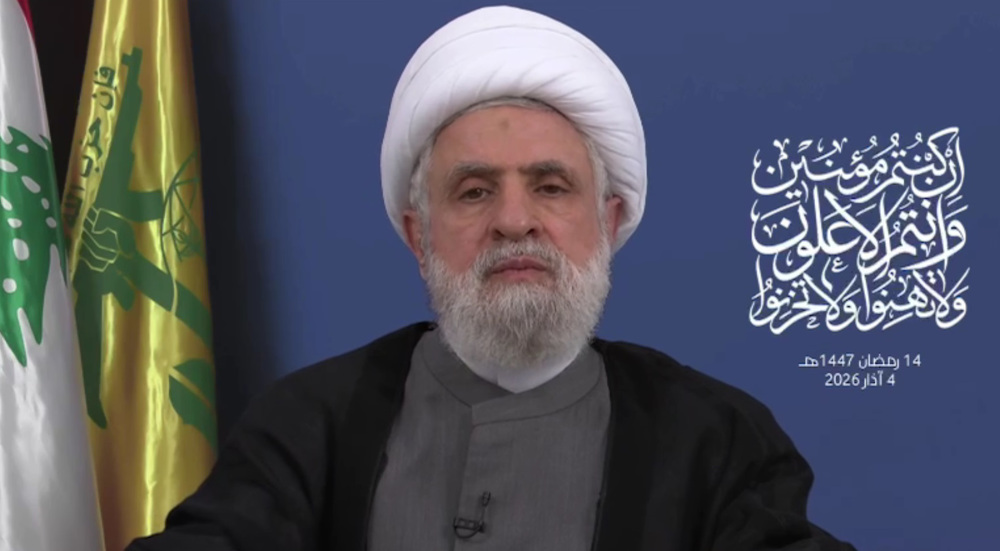Netanyahu denies assassination attempt against him in Kenya
Israel’s Prime Minister Benjamin Netanyahu, who is currently touring Africa, has denied a report that he faced an assassination attempt in Kenya.
Netanyahu, speaking during a press conference with Ethiopian Prime Minister Hailemariam Desalegn in Addis Ababa on Thursday, said the report was not true.
Responding to a question about the report, Netanyahu said, “The answer is we know nothing about it because there is nothing in it.”
The report was published by Kuwaiti newspaper Al-Jarida, which had cited an unnamed source as saying that the Israeli prime minister’s convoy had once had to change courses during the Kenya trip for fear of coming under a bomb attack.
The Israeli daily Arutz Sheva, citing the report on Al-Jarida, said Kenyan security forces foiled an attack targeting Netanyahu's convoy.
The report said Kenyan intelligence services had uncovered a plot to attack the Israeli prime minister on his way from the airport to a Nairobi hotel. The report claims two people were arrested in connection with the planned attack.
Prime minister Yitzhak Rabin was assassinated by an Israeli in Tel Aviv in 1995.
Prior to the assassination, Netanyahu, then only the leader of the extremist Likud party, had accused Rabin of being “removed from Jewish tradition… and Jewish values.” Rabin, in turn, had accused Netanyahu of provoking violence.
Netanyahu’s four-nation tour, which also sees him passing through Uganda and Rwanda, is being conducted under heavy security.
It serves as an attempt to win support for Tel Aviv, which African nations used to criticize in the past for its close ties with South Africa’s former apartheid regime and currently keep at an arm’s length over its conflict with the Palestinians.
Israel, itself, has been branded as an apartheid regime due to its policies which many rights groups and governments regard discriminatory against the Palestinians.
Mwambutsya Ndebesa, a professor of history at Uganda’s Makerere University, said Netanyahu had failed to successfully court African states in his tour.
“I think African solidarity is still firm in regard to the liberation of the Palestinian people,” Ndebesa said.
“The liberation norms of Africans are still very strong. The extreme position of Netanyahu has not convinced Africans that they should be on his side.”
Iraq's First Lady urges US to 'leave the Kurds alone'
Iranian Army vows revenge after 'cowardly attack' by US Navy on Frigate Dena
Iran carries out 20th wave of Op. True Promise 4 against Zionist entity, US bases
Araghchi to Trump: Plan A of military victory failed, Plan B will be 'bigger failure'
USS Abraham Lincoln flees after precision strike by IRGC drones in Sea of Oman
Yemen signals readiness for unified front with Iran against US-Israeli war coalition
Iran’s Army and IRGC destroy seven more Hermes, MQ-9 drones in retaliatory ops
'Iran no place for Hell dwellers': Iran’s security chief warns against ground offensive















 This makes it easy to access the Press TV website
This makes it easy to access the Press TV website